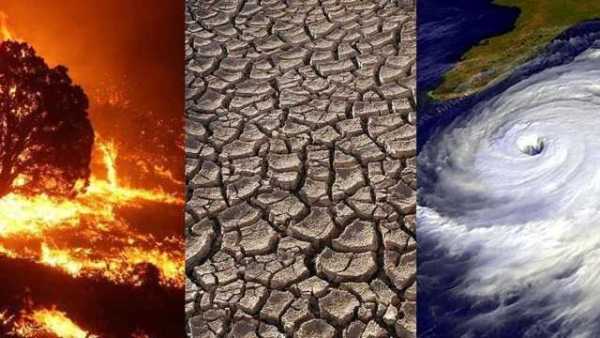
Climate crisis exposed people to extra 6 weeks of heat
27 Dec 2024
The global climate crisis has added another six weeks of dangerously hot days for the average person in 2024, an analysis by World Weather Attribution (WWA) and Climate Central found.
The increase in extreme heat is due to human-induced global warming.
The worst impact was experienced in Caribbean and Pacific island states, where residents faced nearly 150 more days of dangerous heat than a no-global warming scenario.
Half of world's countries experienced high-risk temperatures
Global impact
Nearly half of the world's countries witnessed at least two months of high-risk temperatures in 2024.
Even the least climate crisis-affected regions, including the United Kingdom, United States, and Australia, recorded an additional three weeks of elevated temperatures due to carbon pollution from fossil fuels.
The analysis flagged "dangerous heat days" by computing threshold temperatures for the hottest 10% of days from 1991-2020.
2024 projected as hottest year on record
Record heat
With unprecedented carbon emissions, 2024 is projected to be the hottest on record.
Scientists have stressed the need to end coal, oil, and gas burning to prevent further worsening effects of climate change.
"The impacts of fossil fuel warming have never been clearer or more devastating than in 2024 and caused unrelenting suffering," said Dr Friederike Otto from Imperial College London.
Climate change intensifies hurricanes, typhoons
Weather extremes
Climate change didn't just amplify heatwaves, but also hurricanes in 2024.
Kristina Dahl from Climate Central said every Atlantic hurricane this year was intensified by climate change.
In the Philippines, a series of six typhoons impacting 13 million people were made more likely and severe due to global warming.
These findings underscore the dire need to better prepare for current warming levels and hasten adaptation efforts in 2025.
Researchers call for real-time reporting of heatwave deaths
Data gap
Researchers have called for real-time reporting of deaths related to heatwaves, noting that current data significantly underestimates the toll due to insufficient monitoring.
Dr Otto emphasized that without proper reporting on heatwaves, awareness about their deadly impact remains limited.
"If we can't communicate convincingly that actually lots of people are dying, it's much harder to raise awareness that heatwaves are by far the deadliest extreme events," she said.